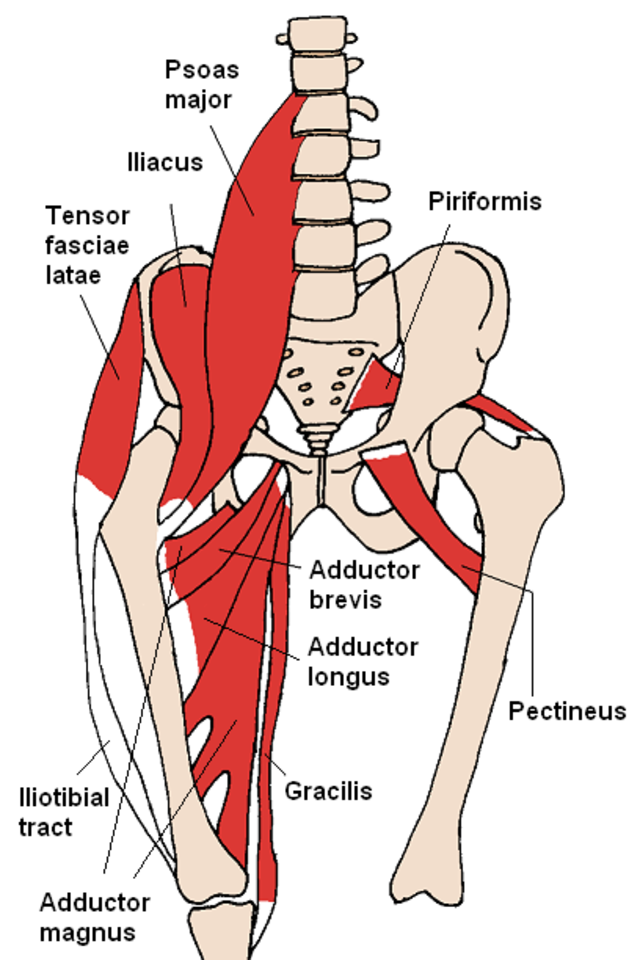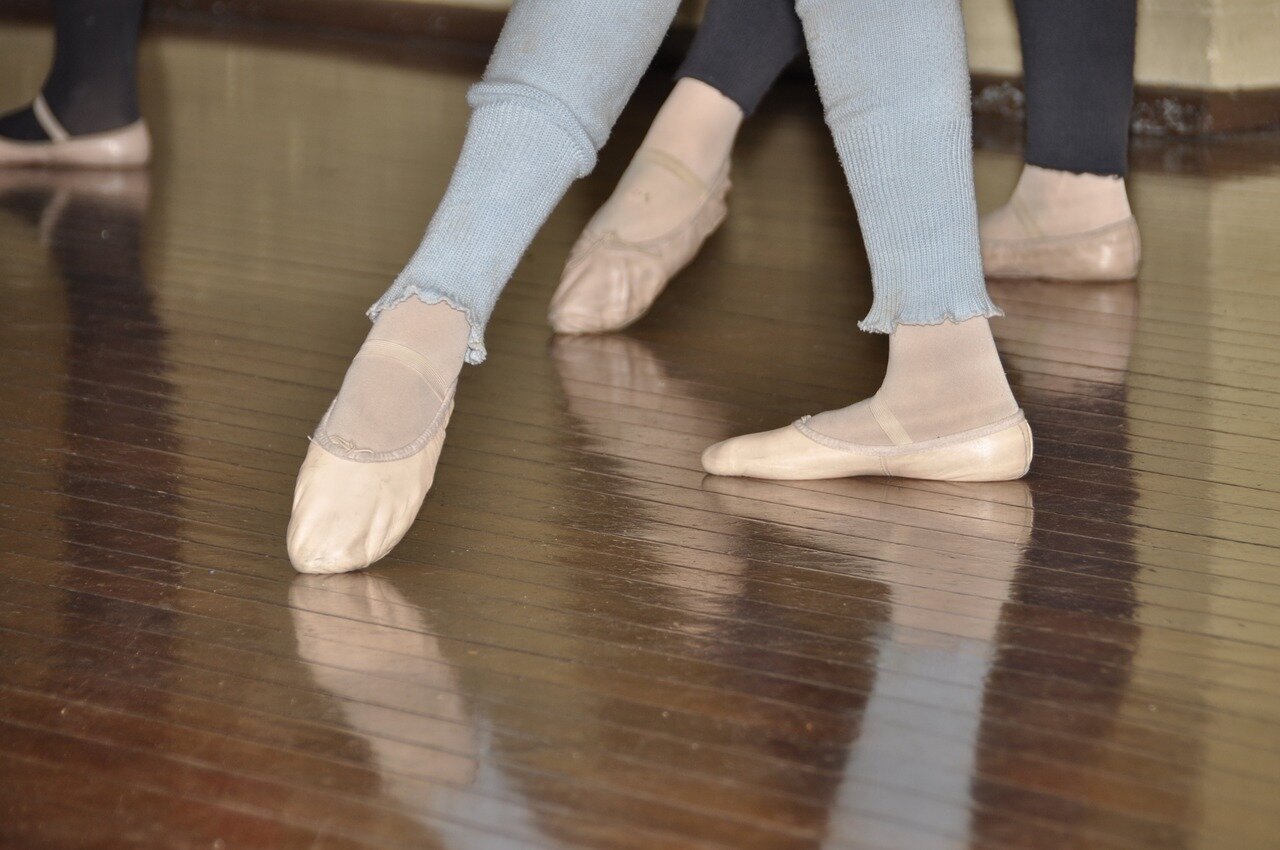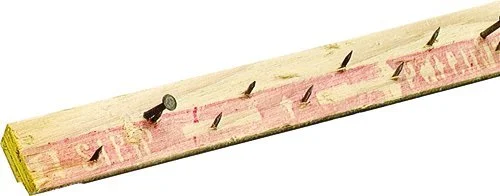Joey B.
/Originally from a rural town in central Calfornia, I’m what you might call an “accidental dancer.” Drawn to Bollywood by a good friend during my undergraduate days at Princeton, I spent the next few years making the theme both my hobby and my professional dream destination. After college, I left a career in consulting to perform with a Bollywood dance show: Mystic India: The World Tour. Now, I am a Ph.D. student in anthropology at UC Irvine, studying creative labor in and around Hindi cinema - and still sneaking onto the stage every now and then.
The door shut, and I looked around at an empty apartment. The summer stuffiness that cradled me in that third-floor unit did little to fool me: I was alone in this new home, this new city. Once my friends had helped me move, and started on the long drive north to our hometown, stillness settled and covered everything, like the dust of disuse - I needed to move, shake it off. I needed to dance.
It was September, 2014. I had just moved back to California to pursue my doctorate in Anthropology. After the better of two years in a dream, touring with a Bollywood dance show, it was time to begin “adulting,” and start the career that would sustain me once my already-rickety knees gave way. So I traded in my standard labels (Bollywood fanatic, dancer, avid happy-hour-goer) for a more professional title: anthropologist of South Asia, scholar of rural-urban migration, master of the mundane. This was who I was to become to the world, everyday.
But the nights … Well, my nights were different.
The stillness that had kept me company in my apartment was overbearing. To escape it, I joined my school’s Bollywood-fusion dance team, UCI Zamana. Three nights a week, three hours a practice, I there found respite from the dullness of the everyday, and was eventually given the male lead in our competitive routine. I took pride in this “other” life, where I could balance a “mature” sense of direction in my career with the escapist fantasy of dance - until I was faced with a tragedy that dance could not outrun.
November 14th. I spoke on the phone to my 19-year-old brother, Tucker, before leaving my apartment to go bond with my new team. And then, a few hours (or a lifetime) later, I awoke to missed calls, voicemails, and one more incoming call: it would tell me that the baby brother with whom I had spoken the night before had died in a horrific car wreck.
I could write forever about the impact of the loss of a lively, hilarious, talented teenager on his family. But for me, this part of the story is best told through dance. You see, when I hung up the phone that morning (and for a long time after), I didn’t know what to say. What to do. Words tumbled forth without sense, actions seemed automatic, emotions without rhyme or reason. In the months to come, the only realm of intention left for me was through performance … and how fitting that performance was.
In typical Bollywood fashion, my team’s routine that year had a storyline. In it, I played a happy-go-lucky guy named Karan, who dodged everyday worries with a smile on his face. However, Karan’s life - like mine - changed when confronted with the unexpected, inescapable loss of a loved one, his mother.
This theme wasn’t designed around me; it was decided and planned long before I had been cast as male lead, and even longer before Tucker’s death. But the resemblance was uncanny. Suddenly, dance was no longer an invariable occasion for joy, relief. As competition season went into full force, it was instead a constant reminder of the struggles I was facing, a confrontation with the morbid, and the parts of myself - anger, weakness, selfishness - that arose in the face of loss. These are the feelings no one tells you about grief, and with every step on that stage, I had to come to terms with each despised one of them.
And yet, I was addicted to it. The rehearsal of emotions, reworking who I was and how I felt about the hardest times my family has ever faced was a means of maintaining a connection with the sibling I missed so much, and a source of strength to be the man I wanted to be in spite of it all. Dance was not a distraction from my circumstances, but a re-molding of such to make my “real life” - studies, research, teaching - doable, even enjoyable. Had I not been able to dance, I could hardly have done much else.
A year has passed since that season ended, and I am no longer performing renditions of my inner demons - catharsis is rather unsustainable. But dance continues to create in those places that I would only deem desolate. Last year, I performed to rediscover life after losing part of my family; this year, dance is instrumental in building a new one.
Fall, 2015. I auditioned for and somehow was accepted onto Aluminati, a national alumni Bollywood-fusion dance team. I joined this team to reconnect with the wider world after a year in the shadows. But again, I’ve found that fate thinks bigger than I ever could. For while I only see my teammates every few months for rehearsals and performances, they are constantly present with me through the inspiration they provide.
This team is a group of promising young professionals, each person dealing with a whole life far removed from the stage. And yet, their charisma, passion, and - last but not least - their humor reminds me of the intricate connection between stage presence and the fullness of life. When I am with them, I dance harder, smile broader, laugh harder; I also admit that, when we part, I long deeper, miss bitter-sweeter. But in their absence, I’m reminded of who I want to be, who I want to be with, and the value of doing life with pure-hearted people at your side. I have even been so inspired as to open myself up to finding individuals to more permanently share that life with.
Too often, we think of dance as an escape, a side-chamber to the real world. Rarely do we consider all the ways that it makes things - real, essential things - that intervene in our worlds. Dance is not a reflection, nor a mere outlet for our extra energy and emotions; rather, it refines those “extras,” and creates something new, something valuable and worth sharing with audience and loved ones alike. It took my grief at the loss of a sibling, and made it a salve for myself and others. It took my solitude, and pushed me into a new search for partnership. It is as real, as effective, as anything else in our day-to-day lives. For dance is not the “other” part of who we are; it is the generator of who we hope to be.
















